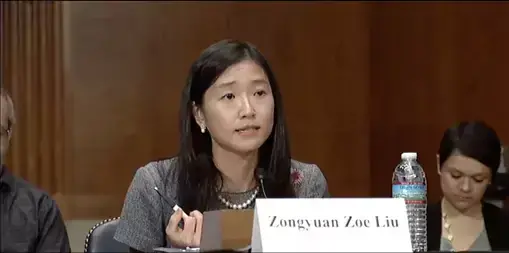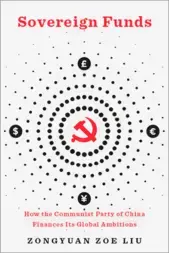Education
The goal of the workshop is to find new ways for college and university educators to encourage their students to learn about international relations and the role of the United States in the world. It provides an opportunity for educators to explore the wide array of CFR and Foreign Affairs teaching and research resources available to the academic community, participate in substantive briefings with subject experts as well as in group discussions, and share best practices and educational tools for bringing global issues into the classroom.
The workshop included an opening night dinner conversation on the role of the United States in the world; plenary sessions on the Middle East, societal implications of AI, and climate policy and implementation; a presentation on CFR Education and fellowship opportunities; and a breakout discussion with a choice among regional topics.
Event
with Jean E. Abshire, Ian Bremmer, Steven A. Cook, Steven A. Cook, Steven A. Cook, Eric J. Doucette, Yael Eisenstat, Yael Eisenstat, Will Freeman, Jonathan Goldberg, Jonathan Goldberg, Thomas Graham, Selwin Hart, Alice C. Hill, Ramayya Krishnan, Zongyuan Zoe Liu, Yousef Munayyer, Yousef Munayyer, Caroline Netchvolodoff, Rudy Lee Novak, Farah Pandith, Karim Sadjadpour, Karim Sadjadpour, Nate Schenkkan, Kristen D. Thompson, Keren Yarhi-Milo, Kat Duffy, Carolyn Kissane, Carolyn Kissane, Daniel Kurtz-Phelan, Daniel Kurtz-Phelan and Linda Robinson
March 14, 2024
College and University Educators Workshops
 Online Store
Online Store


